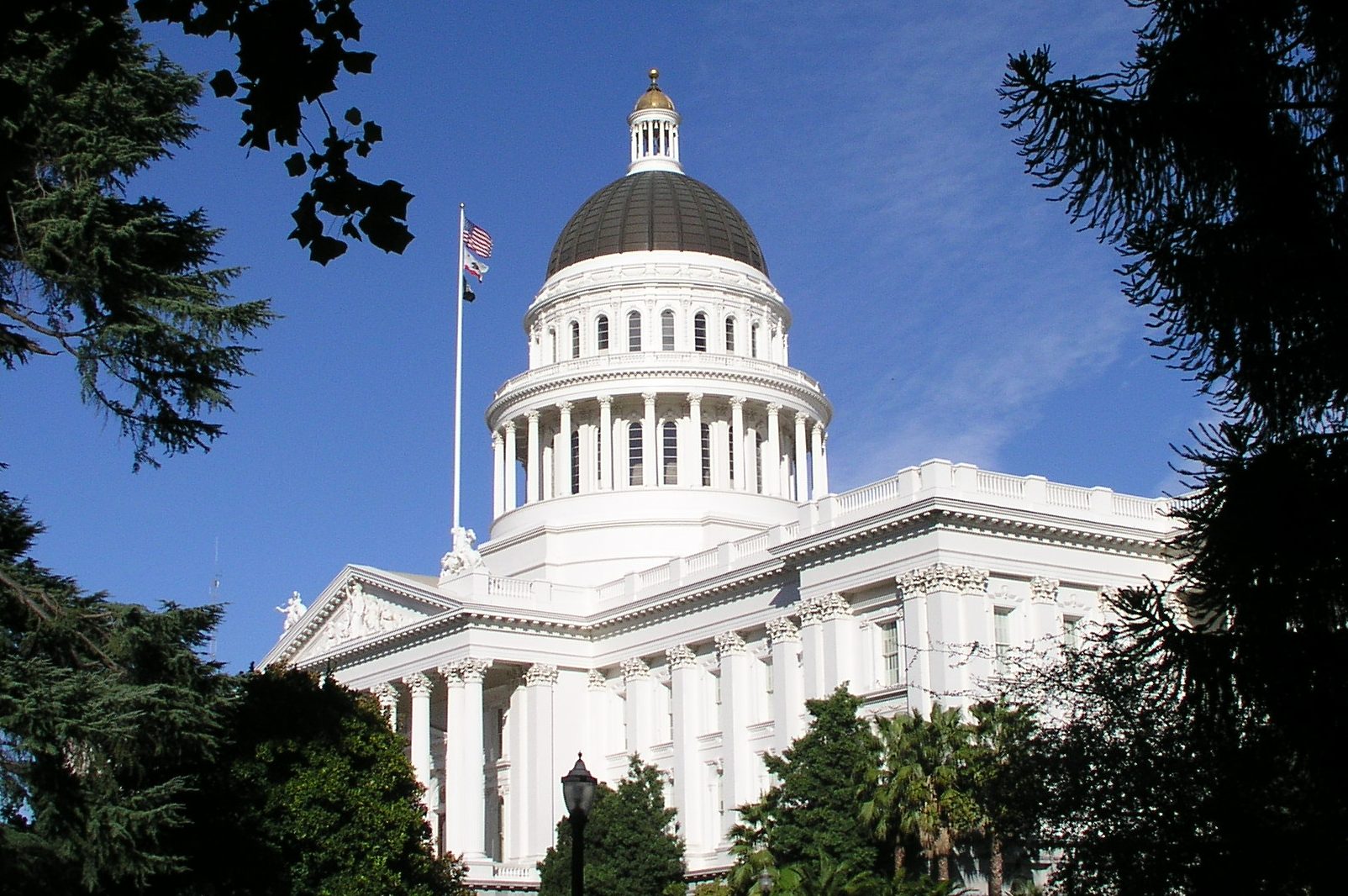
California Chamber of Commerce-supported bills on a variety of subjects have been signed by the Governor in recent weeks and will go into effect next year.
The Governor also vetoed a workers’ compensation bill that CalChamber opposed unless amended.
Among the supported bills signed are the following:
• AB 417 (Carrillo; D-Palmdale) Cost Cutter. Enhanced Infrastructure Financing Districts. Improves the ability for local governments to build critical infrastructure and provide financing for economic development in targeted districts within their jurisdiction. It will allow economic development projects to receive additional financing, which incentivizes businesses to invest and create more jobs.
• AB 221 (Ramos; D-Highland) Tribal Nation Grant Funds. Streamlines the existing Tribal Grant Fund process to provide annual equal distribution grants to specified federally recognized tribes.
• AB 323 (Fong; D-Alhambra) Strong Workforce Program. Revises workforce programs to improve paid work-based learning opportunities.
• AB 531 (Rogers; D-Santa Rosa) Geothermal Generation. Makes geothermal powerplants of all sizes eligible for the California Energy Commission’s opt-in certification framework, a process designed to reduce permitting timelines while maintaining robust environmental protections.
• AB 732 (Macedo; R-Tulare) Civil Penalties for Abandoned Lands. Grants county agricultural commissioners authority to issue civil penalties to landholders who abandon or neglect their property to the point that it becomes pest-infested and a nuisance.
• AB 1293 (Wallis; R-Bermuda Dunes) Qualified Medical Examiner Report Quality. Requires the Division of Workers’ Compensation (DWC) to implement mechanisms to improve the qualified medical examiner (QME) report quality in the workers’ compensation system.
• SB 72 (Caballero; D-Merced) California Water Plan. Directs the state Department of Water Resources to modernize the state water plan and develop a target water supply goal for 2050 and beyond, thus helping California keep up with the impacts of climate change on the state’s water supply and ensuring a sustainable water future.
In his signing statement, the Governor described SB 72 as “a welcome opportunity” to ensure the next update of the California Water Plan “recognizes the impacts of climate change, ensures safe drinking water for all Californians, and reflects statewide, regional, and local planning efforts that include critical infrastructure for California’s future — including the Delta Conveyance Project.”
• SB 302 (Padilla; D-Chula Vista) Environmental Tax Credits. Removes roadblocks to the state’s energy transition and aligns California’s tax treatment of environmental credits with the federal government and that of a majority of other states.
• SB 415 (Reyes; D-San Bernardino) Warehouse Siting. Follow-up makes clarifying changes to clean up state law established by last year’s AB 98, a compromise that avoided the negative economic and environmental impacts that would have arisen from much more stringent and unworkable legislation while still addressing community concerns about the placement of new warehouses.
• SB 439 (Weber Pierson; D-San Diego) Extends California Health Benefits Review Program. Extends the University of California-administered California Health Benefits Review Program and its fund through July 1, 2033. The program provides independent, objective analysis to the California Legislature on the medical, financial, and public health impacts of proposed health insurance benefit mandates and the repeal of any benefit mandates.
Vetoed
In other action, the Governor vetoed AB 1329 (Ortega; D-San Leandro), dealing with the workers’ compensation Subsequent Injury Benefit Trust Fund (SIBTF). The bill, which CalChamber opposed unless amended, would have made changes to the fund that were insufficient to adequately address the scope of the problems with the fund and the impact the fund will have both on employers and the state.
In his veto message, the Governor agreed the bill did not contain “the comprehensive reforms necessary to save SIBTF.” He directed the Department of Industrial Relations and its Division of Workers’ Compensation to develop a proposal for comprehensive reform to include in January’s 2026–2027 budget proposal.

